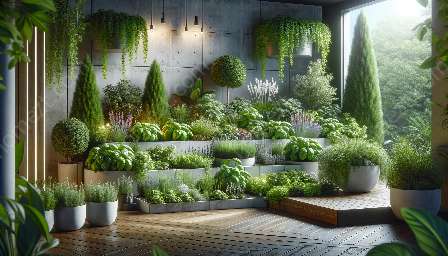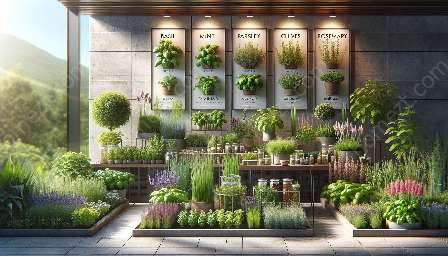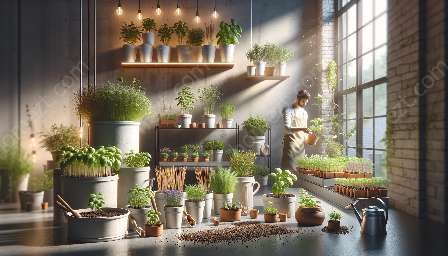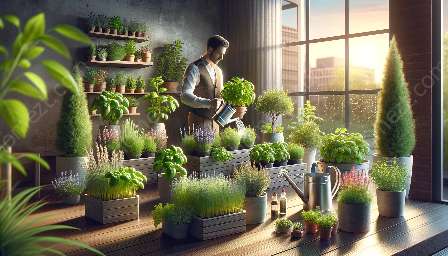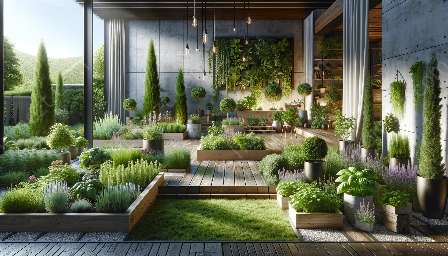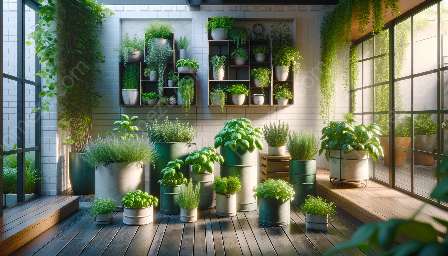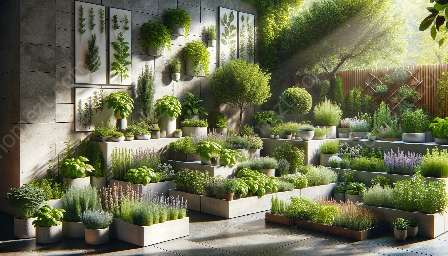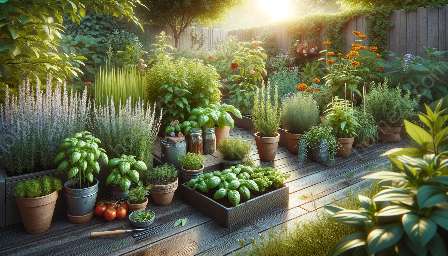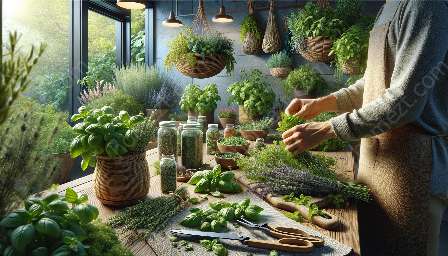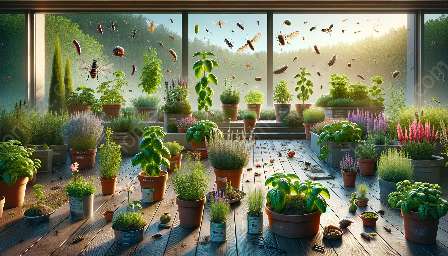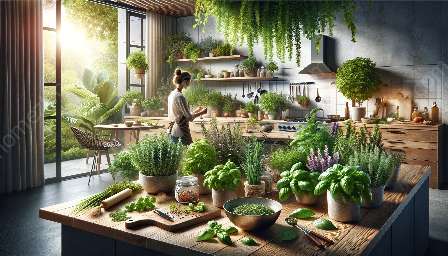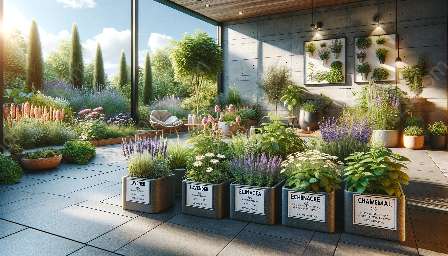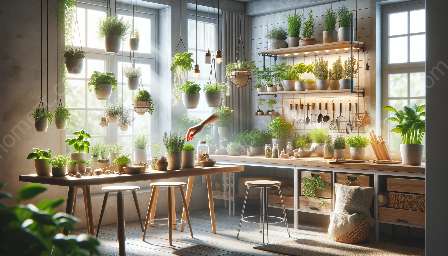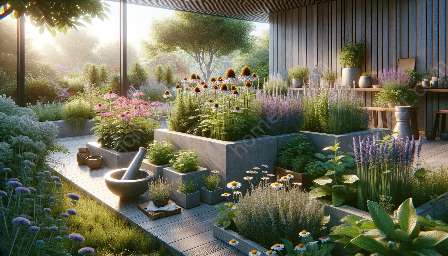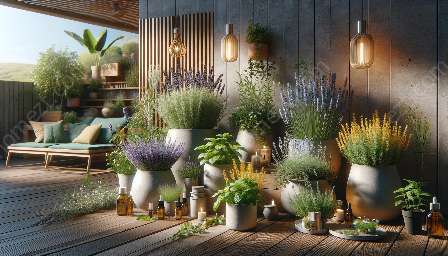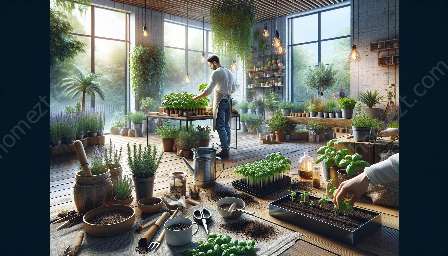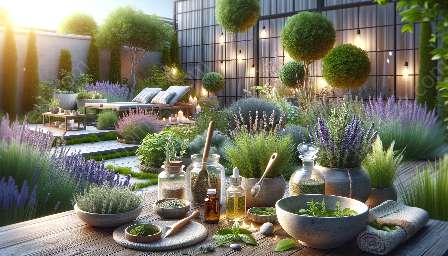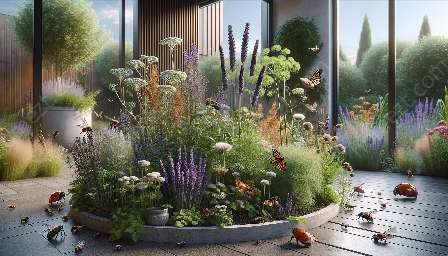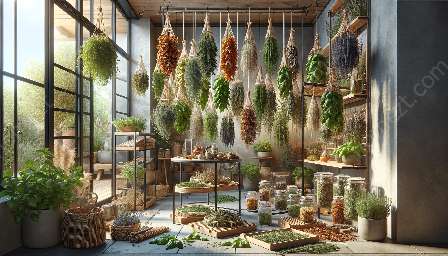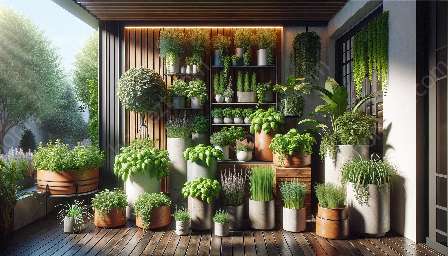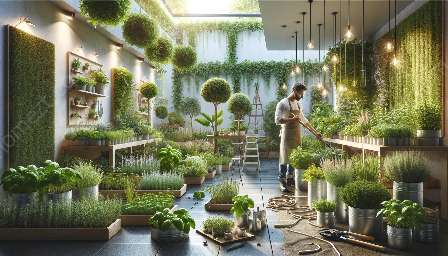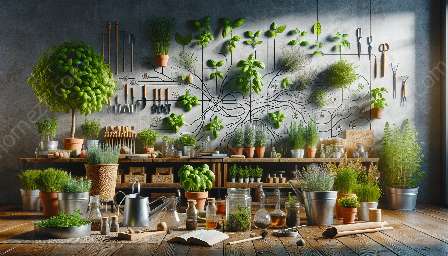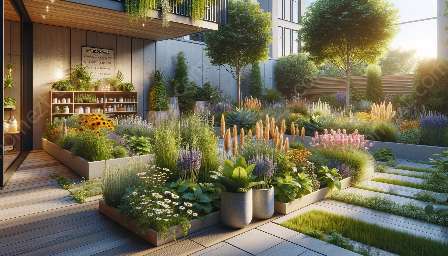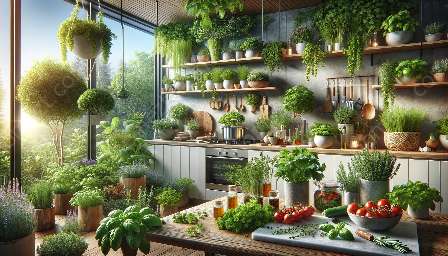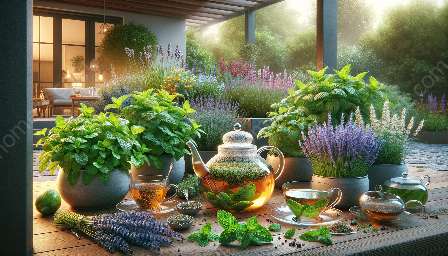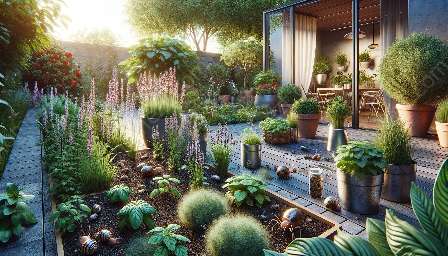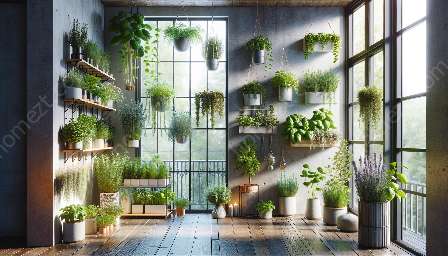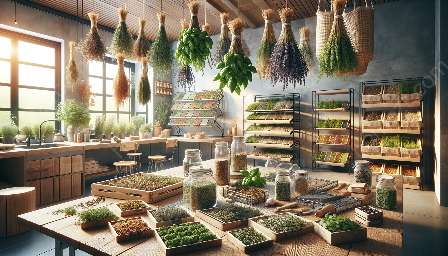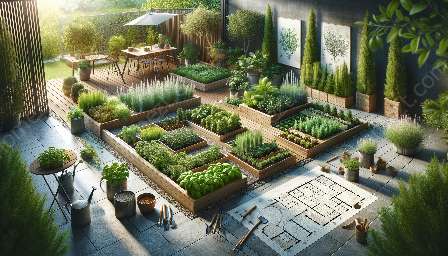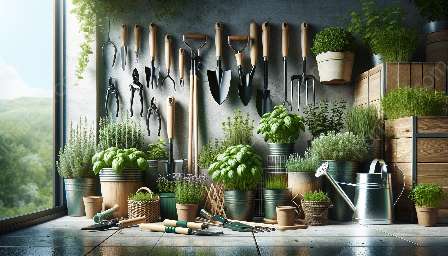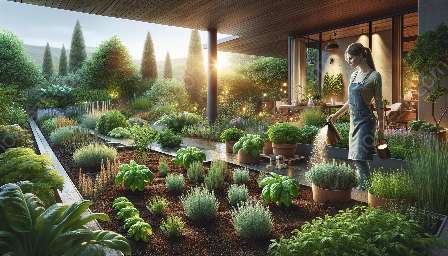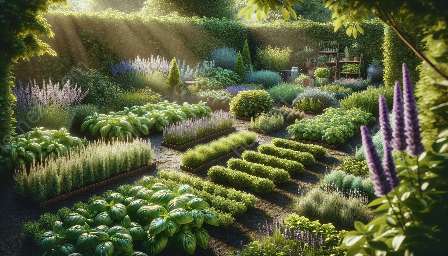Herb gardening is a delightful and rewarding way to nurture a diverse range of plants that add flavor, fragrance, and beauty to your garden. To create a thriving herb garden, nurturing and caring for your herb plants is essential. In this comprehensive guide, we'll provide you with practical tips and expert advice on how to care for your herb plants, maintain your herb garden, and incorporate herb gardening into your landscaping plans.
Understanding Herb Plants
Before diving into the art of caring for herb plants, it's important to understand the different types of herb plants that you can cultivate in your herb garden. Herbs can be categorized into culinary, aromatic, and medicinal herbs. Culinary herbs, such as basil, thyme, and sage, are primarily used for enhancing the flavor of food. Aromatic herbs, such as lavender and mint, are valued for their pleasant fragrances. Medicinal herbs, such as chamomile and echinacea, have health-promoting properties.
Each type of herb plant has unique care requirements, so it's important to research and understand the specific needs of the herbs you wish to grow.
Essential Care Tips for Herb Plants
1. Soil and Drainage: Herb plants thrive in well-draining soil rich in organic matter. Ensure proper drainage to prevent waterlogged roots.
2. Watering: Different herb plants have varying water needs. Generally, most herbs prefer to be kept moderately moist, not overly wet or dry. Water the soil, not the foliage, to prevent mold and disease.
3. Light: Most herbs require full sun for at least 6-8 hours a day. Ensure they receive adequate sunlight for optimal growth and flavor development.
4. Pruning and Harvesting: Regular pruning and harvesting encourage healthy growth and productivity. Pinching back stems and harvesting leaves stimulate new growth and prevent herbs from becoming woody.
5. Fertilizing: Use a balanced, organic fertilizer sparingly to provide nutrients for healthy growth. Avoid over-fertilizing to prevent excessive foliage growth at the expense of flavor.
Maintenance of Your Herb Garden
Aside from the care of individual herb plants, maintaining the overall health and aesthetics of your herb garden is crucial for a bountiful harvest and a visually appealing landscape. Consider the following maintenance tasks:
- Weeding: Regularly remove weeds to prevent competition for nutrients and water.
- Pest Control: Monitor for pests and diseases, and take prompt action to prevent infestations.
- Mulching: Apply a layer of organic mulch to conserve moisture, suppress weeds, and insulate the soil.
- Companion Planting: Utilize companion planting techniques to repel pests and attract beneficial insects.
- Winter Care: Prepare your herb garden for the winter months by protecting tender herbs from frost and cold weather.
Incorporating Herb Gardening into Landscaping
Herb gardening can be seamlessly integrated into your overall landscaping design to create a harmonious and multi-functional outdoor space. Consider the following ideas:
- Herb Borders: Utilize low-growing herbs, such as thyme or oregano, to create attractive and fragrant borders in your flower beds or pathways.
- Herb Containers: Incorporate herb plants into decorative containers and place them strategically on your patio, deck, or balcony to add visual interest and convenience for culinary use.
- Herb Knot Gardens: Design knot gardens with aromatic herbs to create intricate patterns that not only look stunning but also emit delightful scents.
- Herb Combinations: Pair complementary herbs in your landscaping to create visually appealing and functional combinations, such as lavender and rosemary, or chives and parsley.
By integrating herb gardening into your landscaping, you can enjoy the beauty and practicality of herbs throughout your outdoor space.
Conclusion
Caring for herb plants in your herb garden is a gratifying and enriching experience. By understanding the unique needs of different herb plants, providing proper care, and integrating herb gardening into your landscaping, you can create a flourishing and fragrant herb garden that enhances the beauty and functionality of your outdoor space. Whether you're a seasoned gardener or a novice enthusiast, the art of herb gardening offers endless opportunities for creativity, enjoyment, and the bountiful harvest of nature's treasures.

